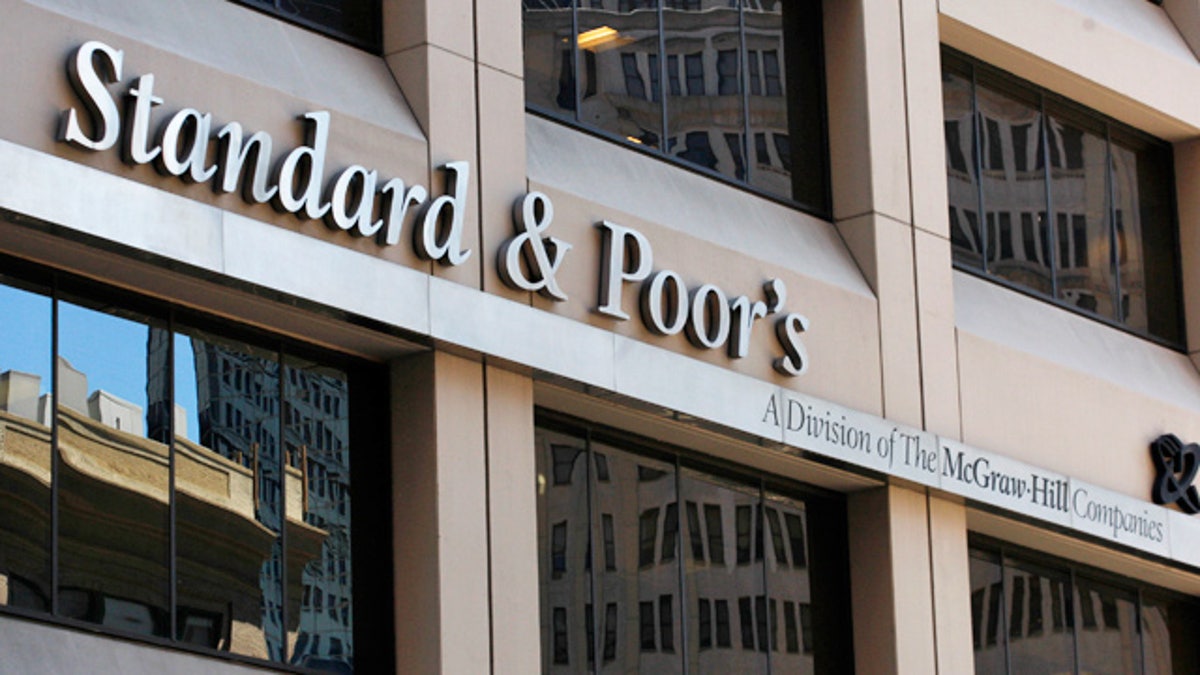
(Reuters)
Credit rating agency Standard & Poor's said on Thursday that there is a 50 percent chance it will downgrade the U.S. government's credit rating within three months because of the congressional impasse over approving an increase in the debt ceiling.
In a statement, the rating agency said it is placing the United States on a credit watch with at least a one-in-two likelihood that it will lower the country's debt rating within the next 90 days.
The S&P action marked the second credit warning in the past two days. On Wednesday, Moody's Investors Service said it is reviewing the government's triple-A bond rating because it believes the White House and Congress are running out of time to raise the nation's $14.3 trillion borrowing limit and avoid default.
S&P had issued a similar warning in April and since that time, the progress in political negotiations has "underperformed" the rating agency's expectations, S&P sovereign debt analyst Nikola Swann said in an interview.
"We thought the two sides would be closer together," Swann said.
She said the decision on Thursday was driven both by worries about the impasse over the debt ceiling and by fading prospects for a deal to cut the federal government's massive debt.
"If you're not going to get an agreement under these conditions, under what conditions are you going to get an agreement?" she said.
In a statement announcing the decision, S&P said that the downgrade warning "signals our view that, owing to the dynamics of the political debate on the debt ceiling, there is at least a one-in-two likelihood that we could lower the long-term rating on the U.S. within the next 90 days."
In response to the S&P announcement, Treasury Undersecretary Jeffrey Goldstein said, "Today's action by S&P restates what the Obama administration has said for some time: that Congress must act expeditiously to avoid defaulting on the country's obligations and to enact a credible deficit-reduction plan that commands bipartisan support."
Congressional and administration officials met for a fifth day Thursday in an effort to get an agreement ahead of the Aug. 2 date that the administration says is the deadline for raising the borrowing limit to avert a default.
Under a fallback plan that is being considered, President Barack Obama would receive enhanced authority to raise the debt ceiling at the same time procedures would be established that could lead to federal spending cuts.












































